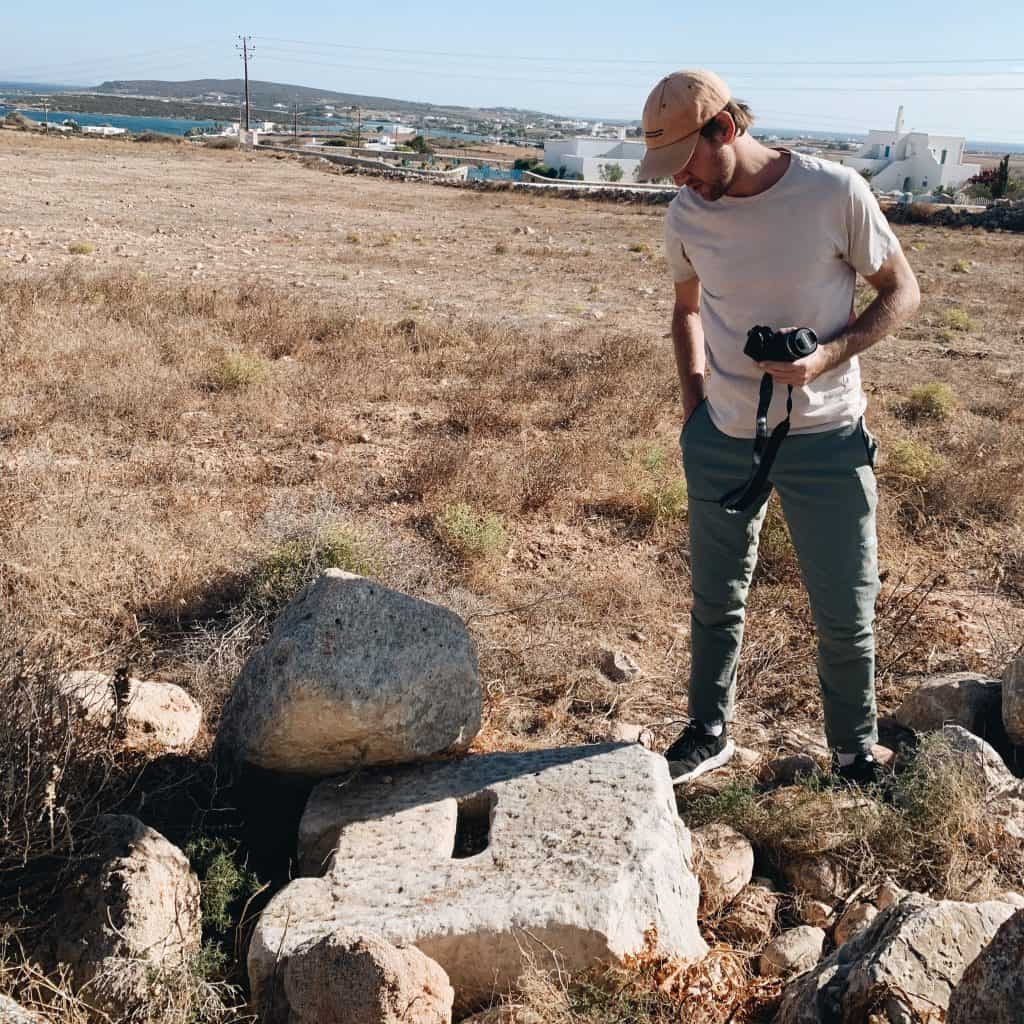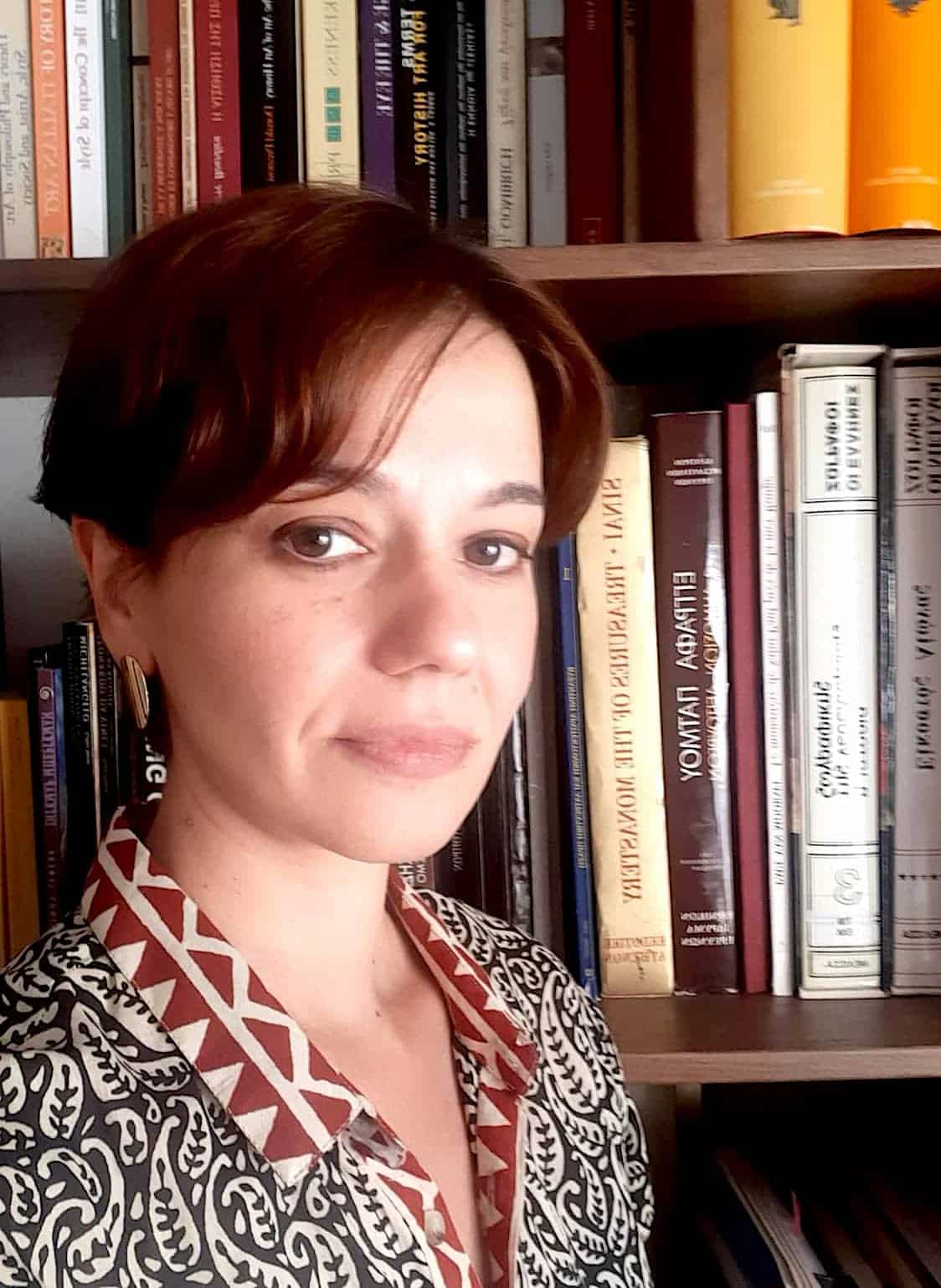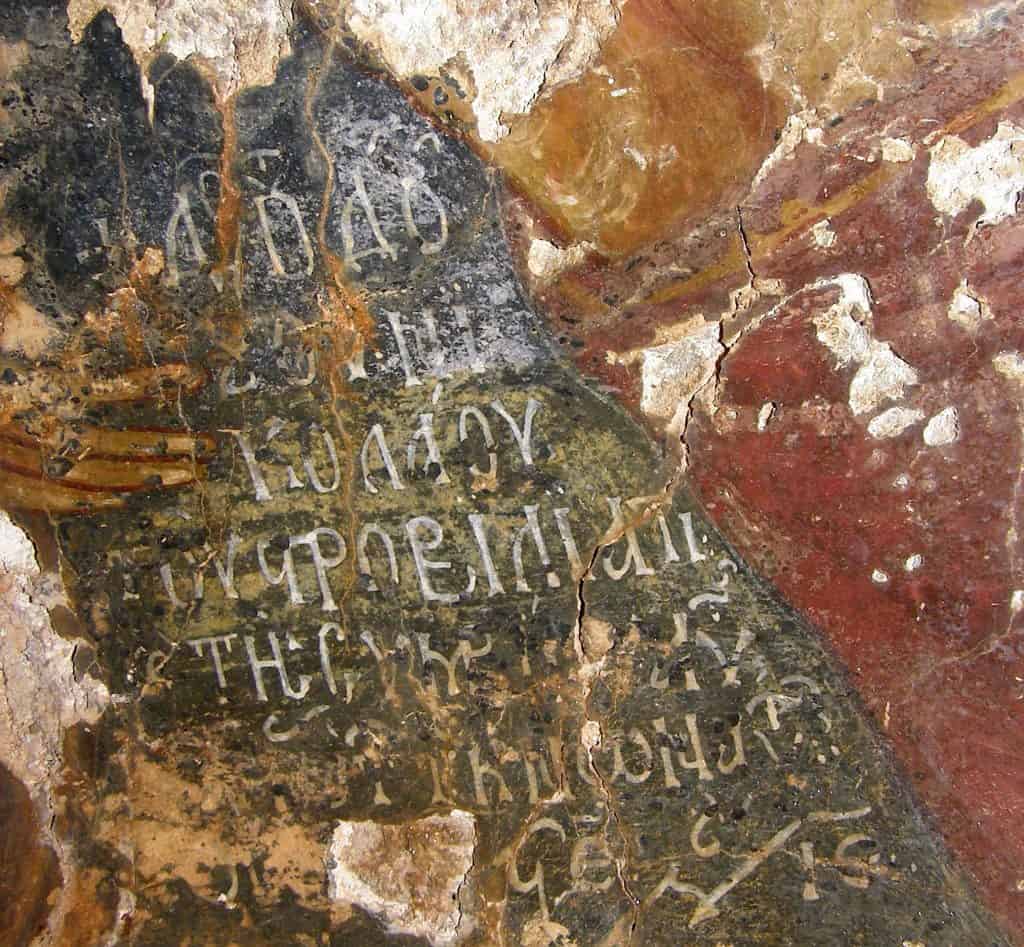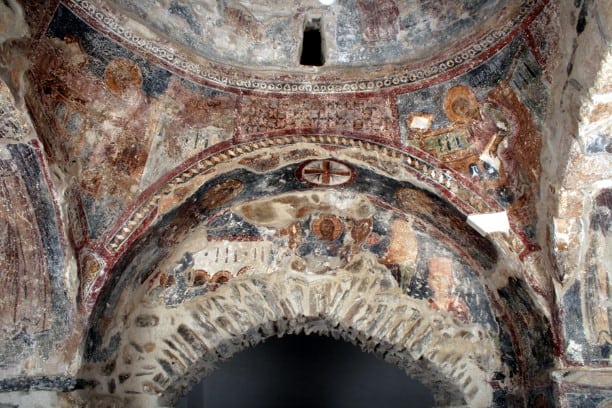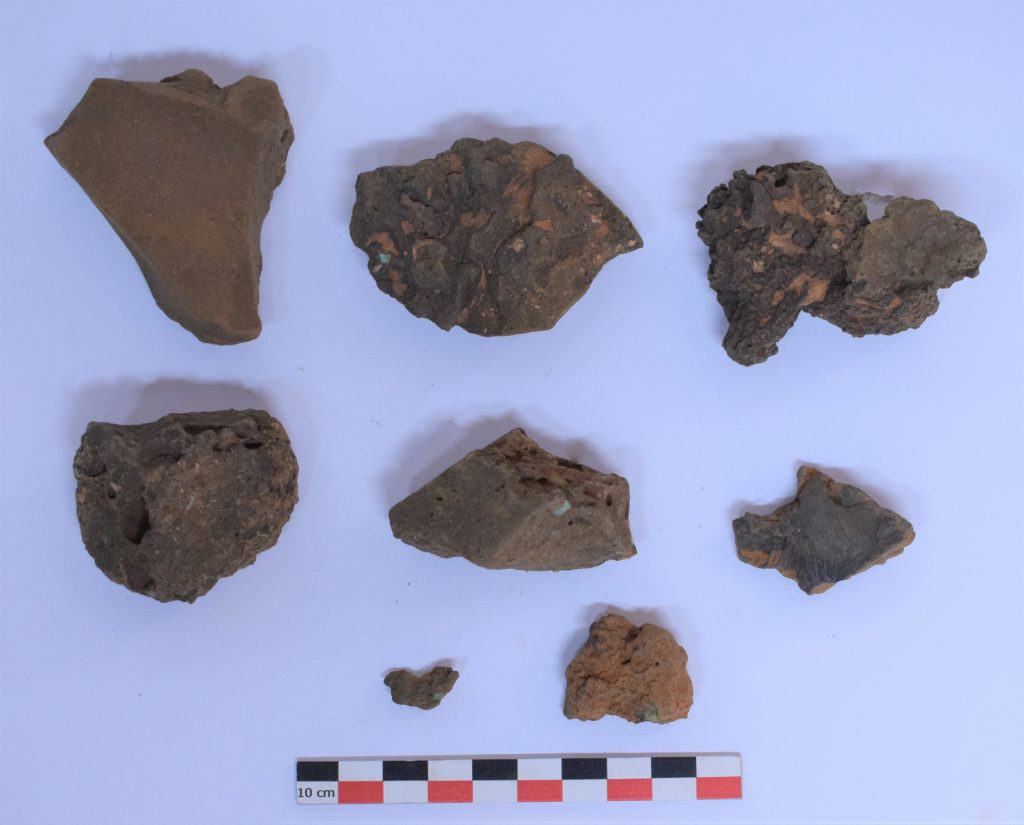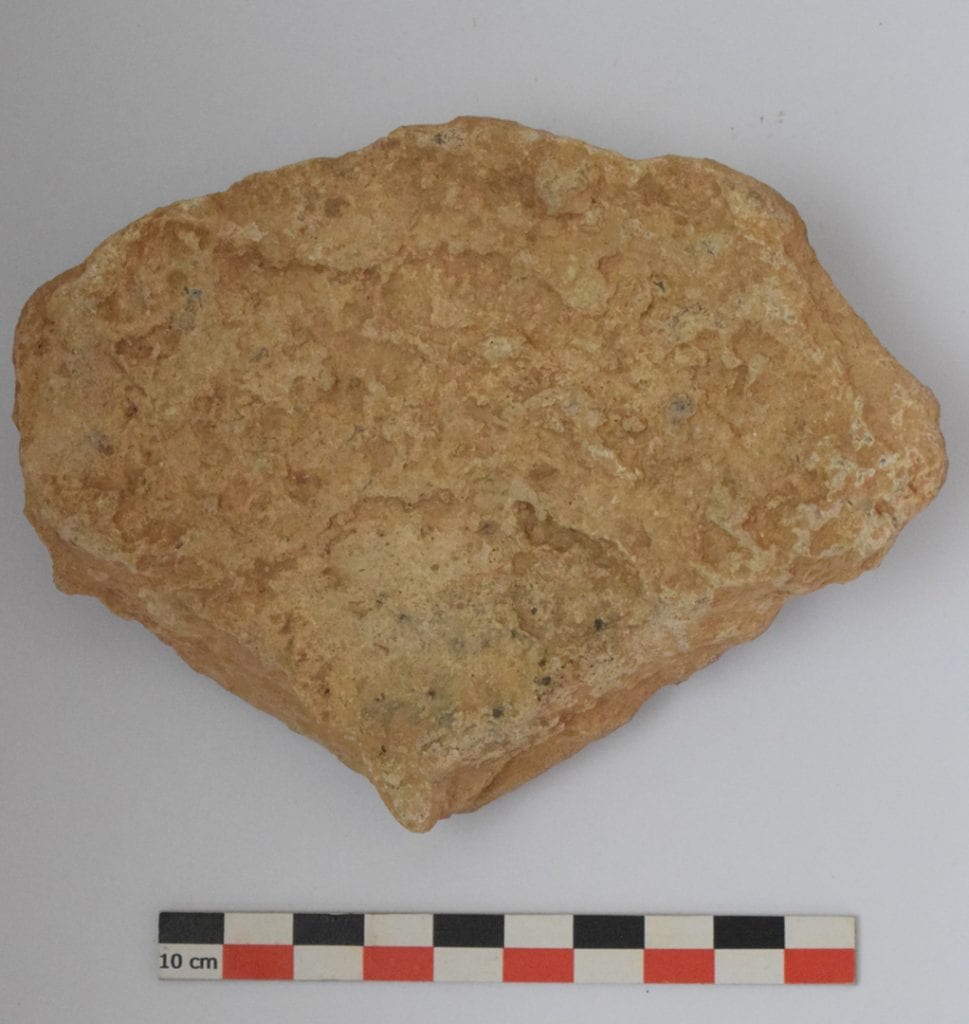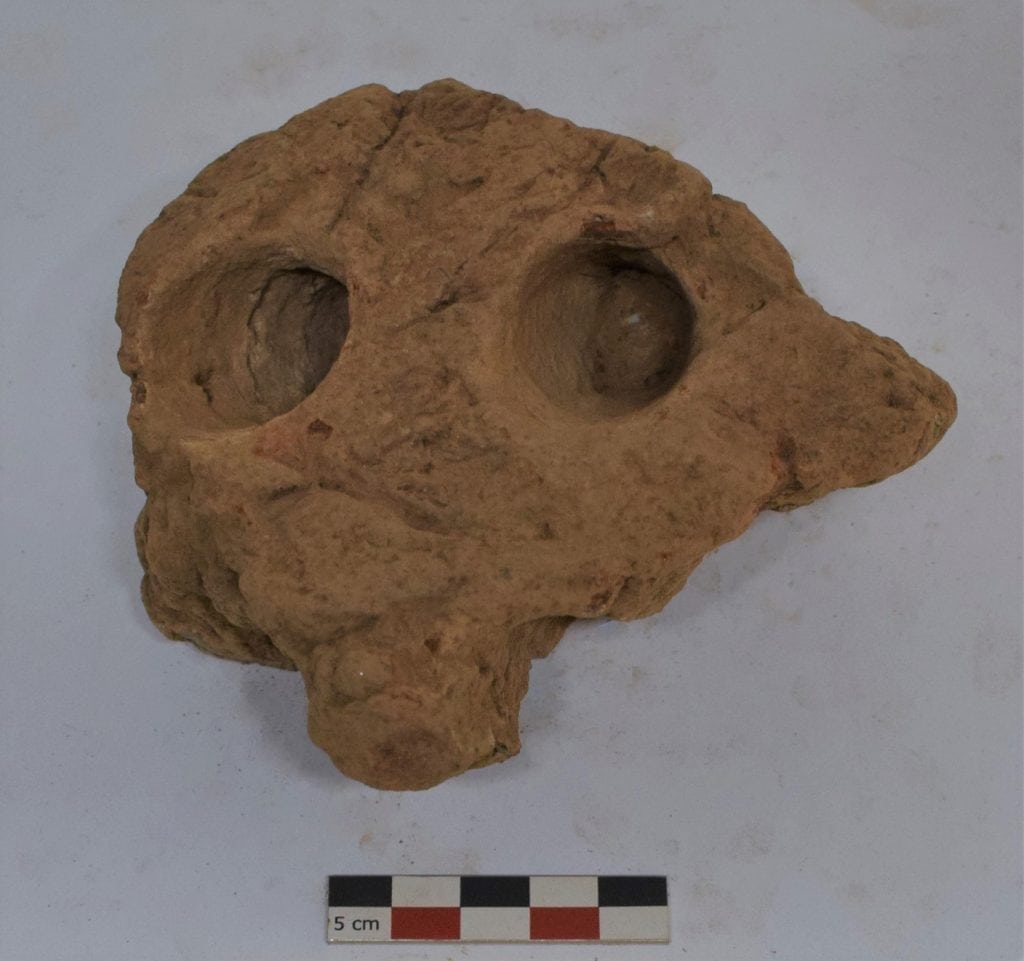The Petros D. Goneos Memorial Award
ACADEMIC YEAR 2022-2023
SCHOLARSHIP
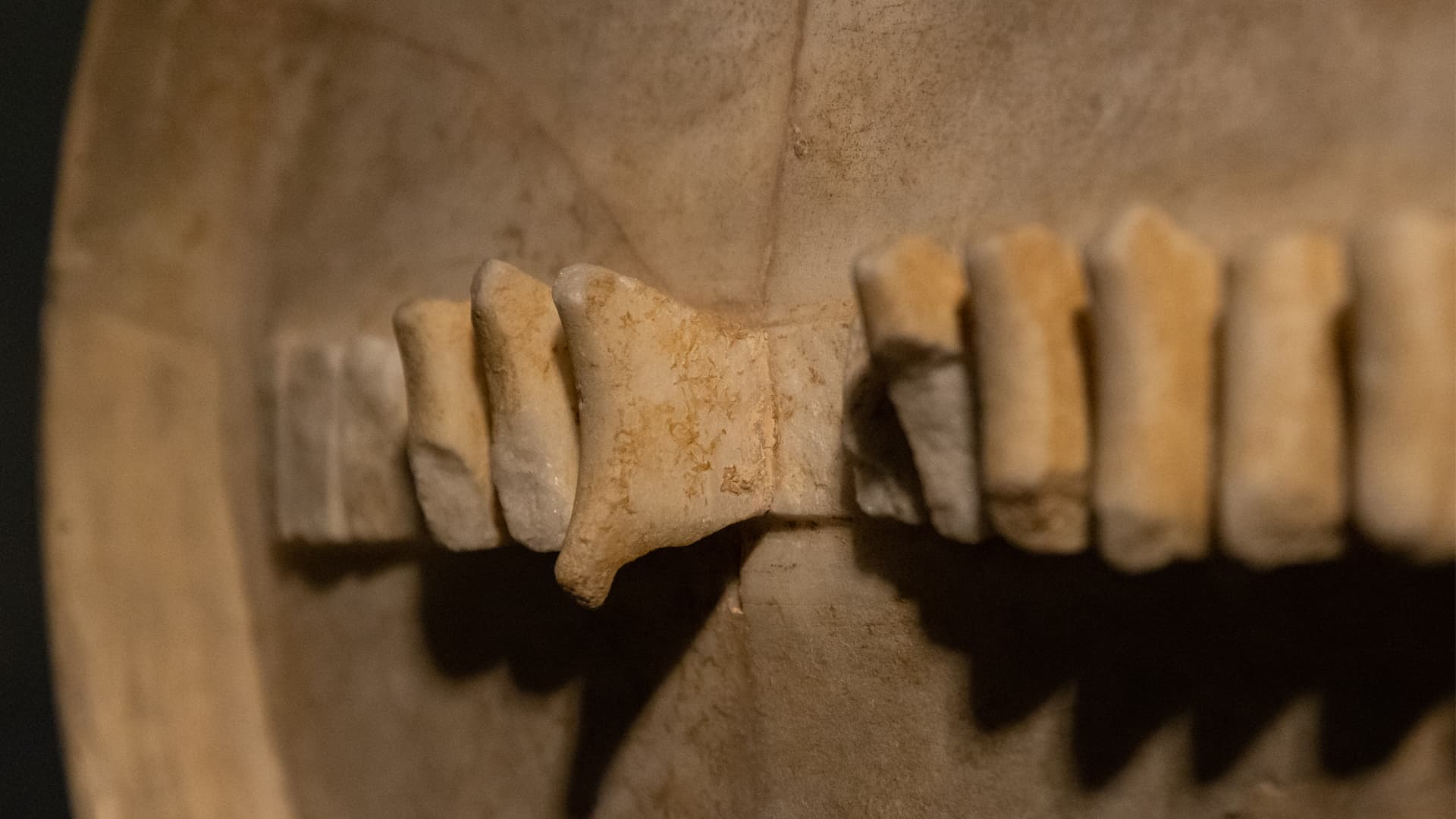
To this end, they have announced the annual 5000 USD Award in Memory of Petros D. Goneos, former active member and Vice President of the Cycladic Art Foundation, to be given for one year each time to a research proposal submitted by young scholars and judged by an Academic Advisory Committee. For the academic year 2022-2023, first year of the Award, the large number of very competitive proposals submitted by researchers from major Universities in Greece and abroad led the Award’s actors to the decision to fund a total of three research proposals with the amount of 5000 USD each.
The aim of the Museum of Cycladic Art and the Cycladic Art Foundation is for this annual academic Award to become an institution that will essentially promote research and the production of high-quality studies on the culture of the Cyclades over time, while helping young researchers in their first academic steps.
WINNERS
(Ph.D. Candidate, University of California at Berkeley), Dr Dodd Emlyn (British School at Rome), Levine Evan (Brown University)
Dr. Dora Konstantellou
“In Search of a Rural Society for the Duchy of the Archipelago: The Evidence of the Dedicatory Inscriptions and the Depictions of Historical Individuals (13th-15th c.)”
Magda Giannakopoulou
“The production of silver-lead and copper on Early Bronze Age Sifnos: The cases of Akrotiraki, Kasela, Skali and Kitriani”
THE ACADEMIC COMMITTEE
The Academic Committee for the Evaluation of the research proposals was composed of:
Jan Driessen
Dr Anna Vasiliki Karapanagiotou
Dr Dimitrios Athanasoulis
Dr Nikolaos Kontogiannis
Apostolos Sarris
1st Winner: “Abandoned Giants: A Digital Recontextualization of the Fragmentary Colossal Kouroi on Naxos”
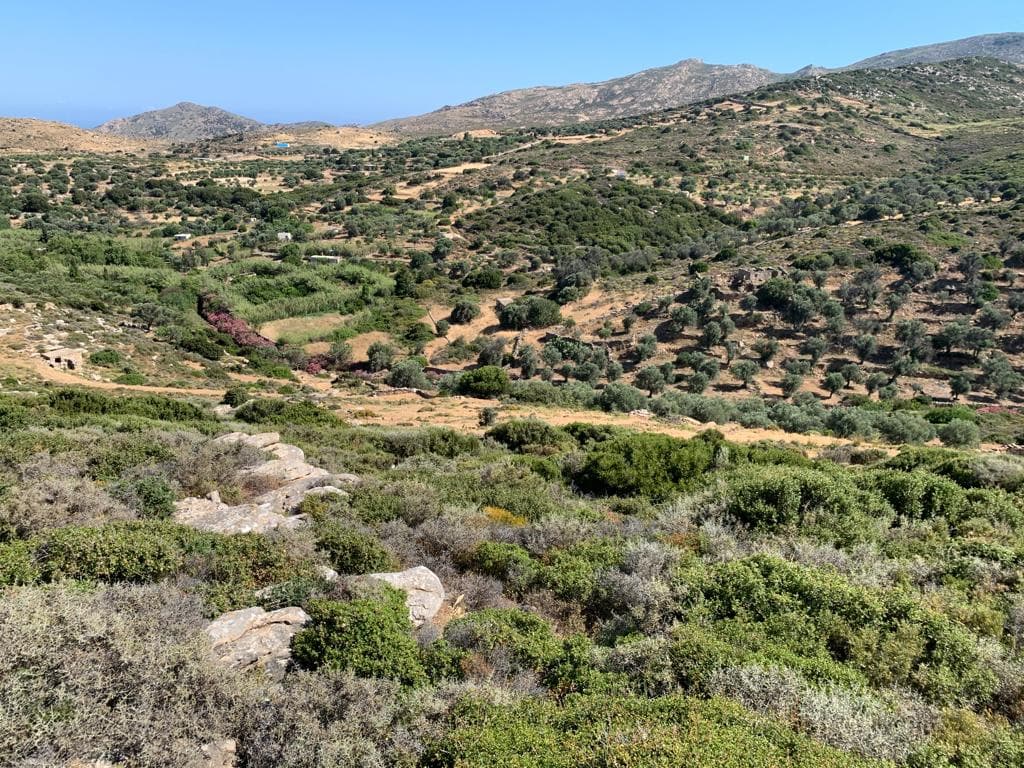
Our team will utilize the Goneos Award to facilitate the completion of an intensive fieldwork study period in the 6th century BCE quarries near the villages of Melanes and Apollonas on the island of Naxos. We aim to use modern techniques to grapple with the enormous size, remote location, and imperfect conditions of the three abandoned kouroi in these quarries.
Our study focuses on the wider topographic contexts of the abandoned sculptures, extending to connectivity to nearby sanctuaries and settlements. We also aim to integrate the Naxian kouroi into broader discussions of Archaic Greek art.
2nd Winner: “In Search of a Rural Society for the Duchy of the Archipelago: The Evidence of the Dedicatory Inscriptions and the Depictions of Historical Individuals (13th-15th c.)”
The proposed study longs to give voice to these historical subjects that lived in the countryside of the islands forming the Duchy of the Aegean Sea during the late medieval period (13th-15th centuries).
The majority of the evidence will come from dedicatory/ supplicatory inscriptions and the portraits of individuals found in rural painted churches. Under the systematic collection and its subsequent historical analysis new light is expected to be shed on the social groups that were active, the familial networks, their origins, and their political affiliations. This project will make it possible to reconstruct a picture of the medieval rural societies of the Cycladic islands, a chapter of history unknown from historical sources. Moreover, the body of information that will be amassed will feed the ongoing debates that investigate the societies and the individuals’ identities that lived in the complex world of the Late Byzantine/medieval period.
Magda Giannakopoulou (Ph.D. Candidate, National and Kapodistrian University of Athens) “The production of silver-lead and copper on Early Bronze Age Sifnos: The cases of Akrotiraki, Kasela, Skali and Kitriani”
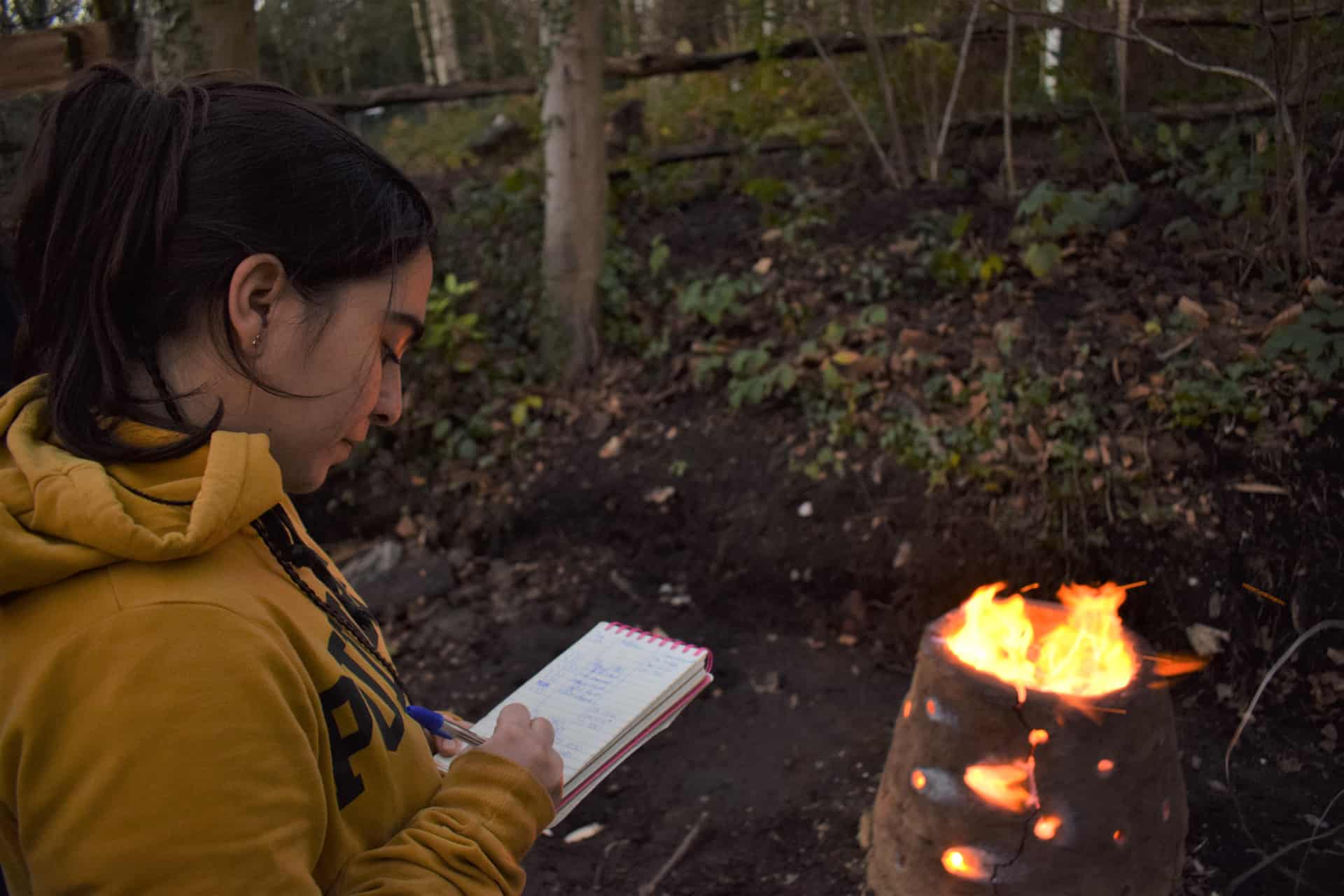
The subject of this research is the study of metallurgical remains from the Early Bronze Age sites of Akrotiraki, Kasela and Skali as well as the islet of Kitriani on southern Sifnos.
The research aims to develop a better understanding of technological aspects of copper and mainly lead-silver production and to shed light into organizational and social aspects of metallurgical production. The material under study includes copper and lead slag, furnace wall fragments, copper ore, litharge, sherds bearing lead oxides and lead objects. A broad array of approaches, including experimental archaeology, and analytical techniques will be implemented.
